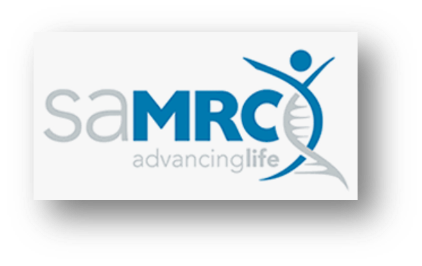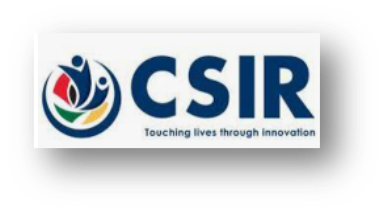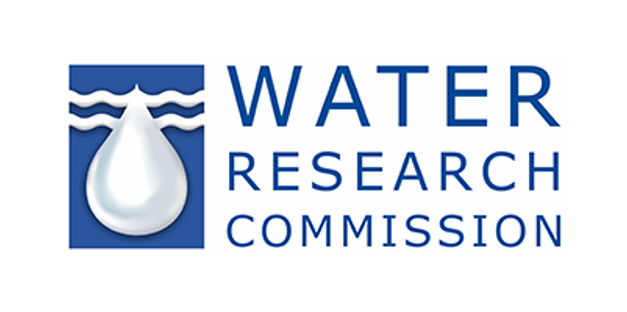OVERVIEW
The Centre for Vaccines and Immunology (CVI) was established in 2012, to provide laboratory and epidemiological support to the National Department of Health. Current projects include monitoring of SARS-CoV-2 via wastewater via the South African Collaborative COVID-19 Environmental Surveillance System (SACCESS) in collaboration with the Water Research Commission and other partner.
The centre serves as the National Surveillance Laboratory and the World Health Organization (WHO) Regional Reference Laboratory for acute flaccid paralysis as well as measles and rubella surveillance. This includes receiving and testing samples from all nine provinces in South Africa. In addition to testing samples from the Southern block countries: Angola, Botswana, Lesotho, Namibia, Madagascar, Mozambique, Malawi, Zambia, Zimbabwe and Swaziland, the centre also conducts other virological and immunological research projects on tuberculosis, viral hepatitis and other vaccine-preventable diseases.
OBJECTIVES
The objectives of CVI are:
- To conduct laboratory-based public health surveillance for acute flaccid paralysis, measles and rubella;
- To provide specialized reference tests for polio and measles surveillance to South Africa and the African continent;
- To initiate applied public health research aimed at vaccine-preventable diseases in South Africa, including hepatitis B; hepatitis C and enteroviruses.
- To apply innovative research regarding the immunology of infectious diseases including HIV, Tuberculosis, and vaccine-preventable disease.
Functions
The Centre for Vaccines and Immunology serves as a national and regional reference laboratory for acute flaccid paralysis (AFP) surveillance as part of the Global Polio Eradication Initiative. The laboratory serves seven countries within the southern African region, namely: Angola, Botswana, Lesotho, Mozambique, Namibia, Swaziland and South Africa; processing and testing of more than 2600 stool samples per year. As per WHO recommendations, for any AFP case, stool samples are inoculated into cell cultures. Samples with suggestive cytopathic effects undergo molecular characterisation, including sequencing to confirm the poliovirus serotype.
CVI is the only polio sequencing facility in Africa. In line with the Global Action Plan for poliovirus eradication, the polio laboratory hosts a level three biosafety laboratory (BSL3) to continue high containment work through the final stages of poliovirus eradication. Moreover, the centre has applied to become a Poliovirus Essential Facility (PEF), one of a handful globally.
The centre also acts as a regional reference laboratory for polio-environmental surveillance. We test sewerage samples for poliovirus from Angola, Mozambique and Zambia.
CVI serves as the national referral laboratory for measles and rubella surveillance. In support of the WHO African Region 2020 measles elimination goal, the centre provides serological and molecular testing for measles virus, as well as epidemiological case investigations for the diagnosis of acute measles infection. This data is then shared with the National Department of Health (NDoH), WHO and the Multisectoral National Outbreak Response Team (MNORT). The centre works closely with the National Expanded Programme on Immunisation Task Group to classify cases and monitor outbreaks.
While rubella is not part of the current expanded programme on immunisation, the centre also collates base-line data on rubella incidence to inform decisions for future rubella vaccine implementation. In keeping with rubella incidence, the centre also conducts CRS sentinel site surveillance at 30 sites in all nine provinces. These sites are used to detect and report CRS cases.
CVI in partnership with the National Department of Health, are committed to reach the WHO 2030 viral hepatitis elimination goals. As such, demographic and laboratory data on hepatitis B is being sourced from the NHLS corporate data warehouse. This database surveillance will provide numbers of positive hepatitis B cases in the country, to indicate the national burden of disease. Other research projects regarding hepatitis B as well as hepatitis A and hepatitis C are underway in the centre.
The centre houses a state of the art 18-colour flow cytometer used for cellular immunology as well as two Luminex instruments for multiplexed assays including host tissue typing. CVI collaborates with other researchers from academic institutions to learn more about host responses to HIV, tuberculosis and other pathogens.
South Africa bears a huge burden of tuberculosis, particularly in HIV infected individuals. New host-derived tuberculosis biomarkers which can better detect tuberculosis in HIV-infected individuals could improve detection rates, predict onset of active disease or be used to monitor response to treatment. The centre is evaluating a little-known host biomarker called indoleamine-2,3-dioxygenase (IDO) for diagnosis of tuberculosis in HIV infection from patient plasma. IDO shows promising results for the diagnosis of active TB. As such, the centre further evaluates IDO in an enzyme linked immunosorbent assay (ELISA) as a lower cost, higher throughput method.
Regarding the host immune response to HIV, we are investigating allo-immunity (immunity of one individual against another individual) in couples where one partner has HIV but one partner remained HIV uninfected. HIV allo-immunity was shown relevant to early vaccine trials in animal models but has not been fully explored in humans. The centre is using methods common in transplant laboratories to investigate host response to HIV, which can be thought of as a viral “transplant” from host to recipient.
CURRENT PROJECTS

The South African Collaboration COVID-19 Environmental Surveillance System (SACCESS) network brings together stakeholders from across the country who are currently actively involved in Wastewater-Based Epidemiology (WBE) for the surveillance of SARS-CoV-2[1]. The network is a voluntary network and includes representatives (scientists, epidemiologists, public health officials etc) of local, provincial and national governments, academic institutions, private laboratories, NGOs and public health institutions. The ultimate goal of the network is to support the establishment of a nationwide WBE SARS-CoV-2 surveillance programme, which aims to advance techniques in WBE in order to combat the COVID-19 pandemic.
The aims of the network are stated in the ‘Terms of Reference’ and include the following:
- To be an independent voice which provides scientific knowledge to the national COVID 19 surveillance system.
- To connect various role-players and stakeholders and to create a communications platform between all parties.
- To share knowledge, best practice and methodology surrounding WBE for SARS-CoV-2
- To identify areas of collaboration between the various members.
- To share and create funding opportunities for the various members to support WBE SARS-CoV-2 surveillance
The current chair of the network is Dr Natacha Berkowitz, who is an epidemiologist in the City of Cape Town division of Community Services and Health. Fortnightly meetings are held. A terms of reference document has been drafted. An article describing the network entitled ‘The SACCESS Network for COVID-19 wastewater surveillance: a national collaboration for public health responsiveness’ is soon to be published in the Health Systems Trust. The article describes the formation of the network,
“The network appeared to form in a spontaneous way and has provided a unique opportunity for organisations to share knowledge and resources. The network has enabled the establishment of connections which appeared to be reliant on trust and common values and has had many commendable achievements in just one year.”
These achievements include
- Establishment of a national dashboard at the NICD for results from 38 wastewater sites
- Detection and quantitation of COVID-19 in wastewater in all provinces in SA
- Preliminary establishment of routine surveillance structures using WBE in WC and KZN
- Piloting of protocols for surveillance of high-risk populations in defined institutions (prisons, old age homes, residences)
- Representation on the ministerial advisory sub-committee for surveillance
- Presentation to various significant forums e.g. South African Local Government Association (SALGA)
- Development of a pilot sampling strategy for fine unit sampling in small areas (pumpstation to manhole)
The network is growing through funding made available from the Water Research Commission to include additional sampling sites. The Water Research Commission (WRC) has released a number of science briefs related to SACCESS network outputs. Full details of the WRC support for the SACCESS network may be found at http://www.wrc.org.za/covid-surveillance-programme/ Projects by network partners include mapping of sewage reticulation to support interpretation of SARS-CoV-2 detection results, correlations of detection results with clinical SARS-CoV-2 epidemiology, and genomic sequencing of SARS-CoV-2. A website is in development, but preliminary results for the network may be found at https://www.nicd.ac.za/wp-content/uploads/2021/07/COVID-19-Special-Public-Health-Surveillance-Bulletin-Vol-19-Issue-1.pdf
Names of participating institutions in the SACCESS network
- South African Medical Research Council
- National Institute for Communicable Diseases
- City of Cape Town
- Western Cape Provincial government
- World Health Organisation – South Africa
- National Department of Health
- Gauteng Department of Health
- Lumegen Laboratories
- Praecatio
- Greenhill Laboratory
- Capricorn Veterinary Laboratories
- Waterlab
- Stellenbosch University
- National Health Laboratory Service
- ERWAT
- National Institute for Occupational Health
- Council for Scientific and Industiral Research
- Durban University of Technology
- Durban Municipality
- University of KwaZulu Natal
- Water Research Commission
- Amanzi4all
- Aquatico
- University of Pretoria
- Bath University United Kingdom
If you or your organisation would like to join the network, attend calls and receive updates, please email the Chair at Natacha.Berkowitz@capetown.gov.za.
[1] SACCESS Network, Terms of Reference Document. Available from Natacha.Berkowitz@capetown.gov.za on request.
Wastewater-based epidemiology (WBE) is the study of the distribution and determinants of disease (or other human/animal condition) through detecting and interpreting the presence of substances (infectious disease agents, chemical compounds or metabolic products) in wastewater. By detecting these substances in sewerage, one can better understand how populations that contribute to the wastewater are affected by various conditions. To date, WBE has been used to estimate illicit drug use, use of prescription or over the counter drugs, consumption of alcohol or caffeine.
Regarding SARS-CoV-2 epidemiology, the best data to determine the distribution of cases is from clinical specimens. However, clinical specimen data is increasingly less reliable. Most people with SARS-CoV-2 have asymptomatic infection even though they are able to transmit infection to others. Many people have mildly symptomatic illness and do not go for testing. Many test results are not reported to national bodies responsible for surveillance. WBE for detection and monitoring of SARS-CoV-2 has a number of advantages. Persons who are infected with SARS-CoV-2 secrete non-infectious viral particles into the sewage. Therefore sewage monitoring allows for detection of cases that are symptomatic and asymptomatic. WBE is far less expensive than clinical surveillance. PCR-based methodology for SARS-CoV-2 detection is highly sensitive, and a single sewage sample effectively tests for the virus in thousands of people simultaneously.
Globally, detection and monitoring of SARS-CoV-2 epidemiology through wastewater was proposed as early as April 2020. First reports describing the feasibility and practical usefulness of this approach emerged simultaneously from a number of countries around August 2020 including Italy, Australia and the United States of America. Recent evidence has shown that SARS-CoV-2 can be detected in wastewater prior to the appearance of clinical cases. Longitudinal tracking of SARS-CoV-2 viral load in wastewater is shown to correlate with the burden of clinically diagnosed cases. Sequencing of SARS-CoV-2 RNA fragments in wastewater has identified variants of concern as well as mutations not detected in clinical cases.
The aim of WBE for SARS-CoV-2 is to better understand the distribution of COVID-19 cases so that appropriate public health interventions can be implemented. Table 1 describes how different test modalities for SARS-CoV-2 can inform public health responses.
Table 1. Principles of SARS-CoV-2 detection and quantification on influent samples from wastewater treatment plants and interpretive principles to guide application of test results to support COVID-19 public health responses
Testing modality | Test modalities | Interpretive principles to support public health responses |
Detection of SARS-CoV-2 in wastewater | Concentration of viruses from influent wastewater samples followed by RT-PCR testing using commercial kits with primers specific for SARS-CoV-2 virus. | When a test result changes from
|
Quantification of SARS-CoV-2 in wastewater | Concentration and RT-PCR as above, with comparison to a standard curve drawn from RT-PCR with a known concentration of plasmid containing one/more genes of SARS-CoV-2 so as to determine quantity of SARS-CoV-2 in the influent sample. | The concentration of SARS-CoV-2 at a particular facility matches the burden of SARS-CoV-2 in the population which uses the wastewater treatment facility. Changes in concentration of virus give an indication of whether the cases in the area are increasing or decreasing. Changes in concentration may also occur because of vaccine roll-out. The public can be informed and encouraged to vaccinate and adhere to public health measures
|
Genetic sequencing of SARS-CoV-2 fragments in wastewater | Using gene sequencing technology to determine sequences of RNA fragments in the wastewater. These sequences are compared with sequences from clinical strains to identify mutations and variants. | Wastewater can be used to monitor the strains that are infecting people who use the wastewater treatment facility. If new strains are detected, the public can be informed, and encouraged to adhere to public health measures. |
Click the green link below for SARS-CoV-2 test results conducted by SACCESS network laboratories for wastewater treatment plants across South Africa.
Wastewater-based epidemiology for SARS-CoV-2 surveillance in South Africa week 11 (2022)
Wastewater surveillance for SARS-CoV-2 RNA is being undertaken by the South African medical research council (SA-MRC) at additional sites. Click here to view the results https://www.samrc.ac.za/wbe/



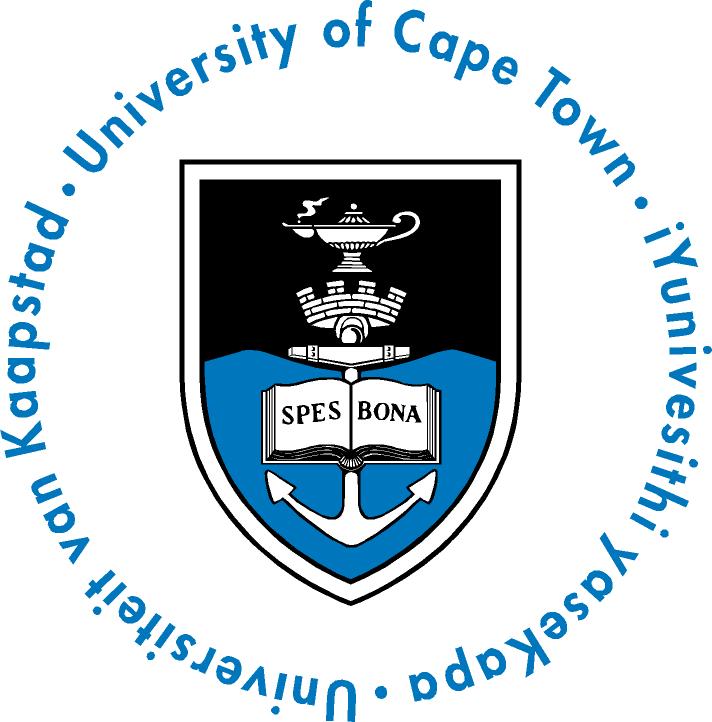
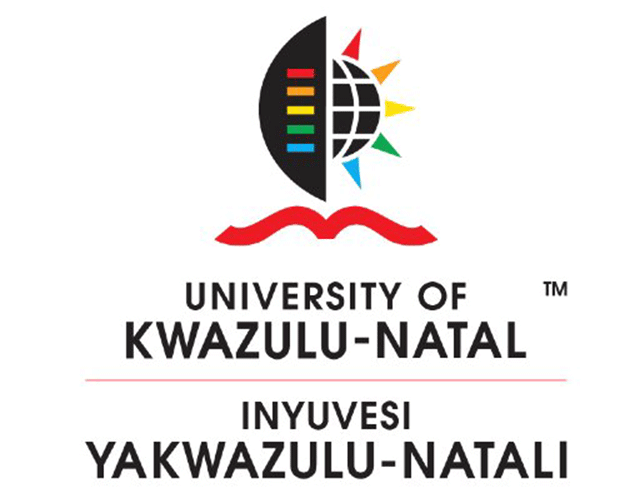
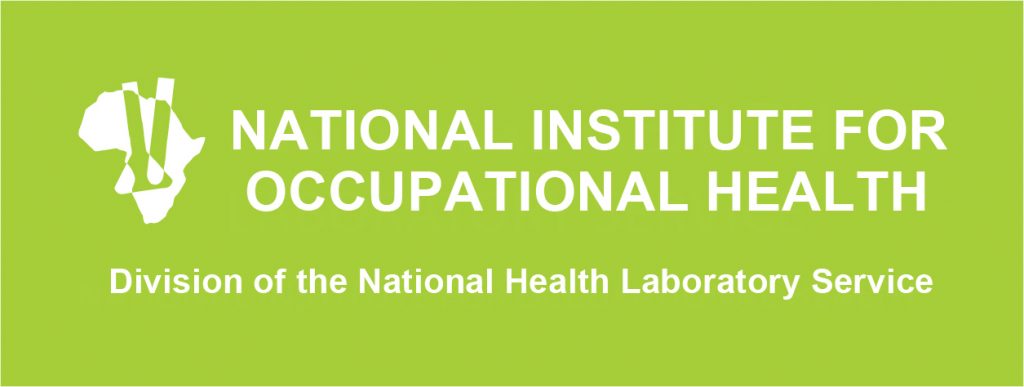
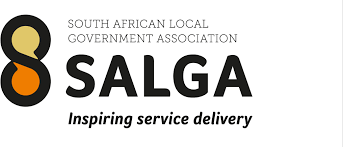
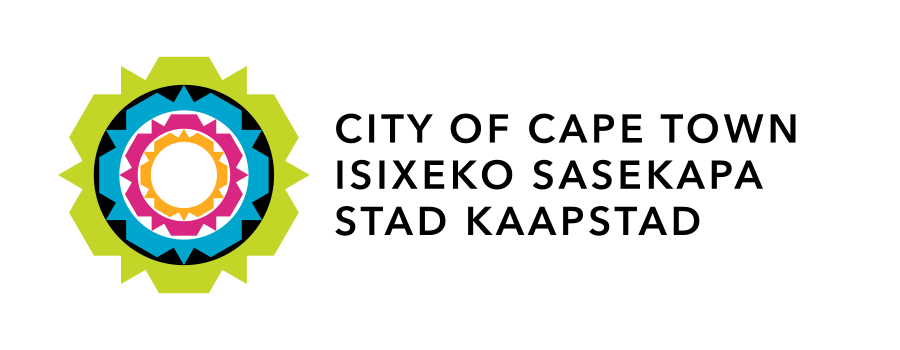
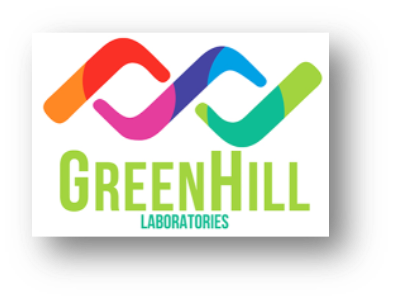
LEADERSHIP AND TEAM

Head of the Centre for Vaccines and Immunology at the National Institute for Communicable Diseases (NICD), Dr. Nishi Prabdial-Sing obtained a PhD degree in Medical Virology from the School of Pathology at the University of the Witwatersrand (WITS). As a joint faculty member at WITS’ Faculty of Health Sciences, Prabdial-Sing has successfully supervised and co-supervised seven Honours/Masters students at both WITS and the North West University.
Since 2012, Prabdial-Sing has been facilitating the virology program at the NICD, in addition to co-ordinating the medical science internship programs for the Health Professions Council of South Africa. Furthermore, she has also successfully trained and mentored 19 medical intern scientists. As an established researcher with a C2 NRF-rating, her list of accomplishments includes 17 peer-reviewed journal publications and eight NICD bulletin publications.
Prabdial-Sing is a member of the National Department of Health’s (NDoH) technical working group (TWG) on the compilation of the National Guidelines for the Management of Viral Hepatitis. Since 2018, she has been part of the key population focus group tasked with providing the NDoH with strategic and feasible plans for reducing the burden of viral hepatitis disease in the country. And for the past six years she has been involved with the World Health Organization as an expert consultant in the global poliovirus eradication program. Her current memberships include the Federation of the Infectious Diseases societies of Southern Africa (FIDSSA), the Royal Society of Medicine (UK) and the International Network on Health and Hepatitis in Substance Users (INHSU).
Office Administrator
Angella Musisi
Tel: +27 11 386 6536
Email: angellam@nicd.ac.za
Medical Technologist – Polio Laboratory
Shelina Moonsamy
Email: shelinam@nicd.ac.za
Medical Scientist – Measles & Rubella Laboratory
Sheilagh Smit
Email: sheilaghs@nicd.ac.za


